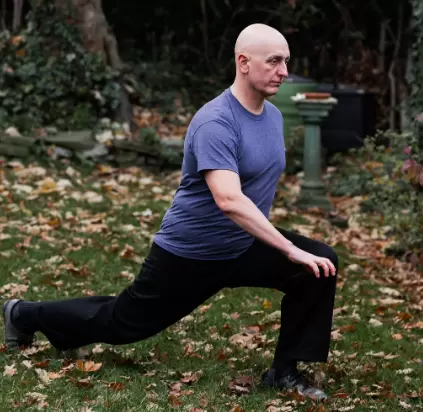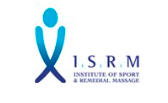On the surface, yoga and qigong may seem much the same. Both are characterised by mindful movement, breath, and a preoccupation with internal balance. But scratch beneath the surface, and you’ll discover each has its own unique something.
Understanding the differences will allow you to select the most appropriate practice for your purposes, whether you’re looking to alleviate pain, improve posture, manage emotions, or just find a means to slow down.
The Origins and Philosophy
Yoga has its roots in ancient Indian culture and is based on a philosophy that incorporates movement (asana), breath (pranayama), and meditation. It is commonly found in gyms and studios throughout the West in the form of classroom settings offering strength, flexibility, and mental peace classes.
Qigong, on the other hand, comes from Chinese medicine and martial arts. It’s built around cultivating and regulating ‘qi’ – the body’s internal energy. Movements are usually slow, flowing, and repetitive, designed to nourish rather than stretch or strain the body. It’s deeply connected to breath, intention, and subtle awareness.
How Do They Work in the Body?
Yoga tends to emphasise musculoskeletal engagement – think of holding poses, building strength, and improving mobility. For some, this is exactly what’s needed. But if you’re dealing with fatigue, injury, or a highly reactive nervous system, yoga can sometimes be a bit too intense.
Qigong training is different. It’s not so much about stretching as it is about softening. It benefits the nervous system, assists in quieting hypervigilance, and invites the body to move gently. This is why it’s best for individuals with chronic pain, posture problems, or those healing from burnout.
Which One is Right for You?
If you’re attracted to dynamic movement, like the structure of poses, and want to develop physical strength, yoga may appeal. However, if you are looking for something softer, more internal, and more appropriate to healing, qigong training may provide a healthier option.
In fact, it doesn’t have to be one or the other. Many discover worth in integrating both practices and modifying them as body and circumstances shift.
How We Use Qigong at Acubody?
We frequently include qigong training in treatment programs at Acubody, particularly when clients have difficulty re-establishing connection with their body following stress, injury, or patterns of tension that have built up over time. It pairs extremely well with acupuncture, manual therapy, and movement rehabilitation, providing not only relief but actual transformation from the ground up.
If you are interested in qigong training in London but not certain where to begin, we’re pleased to assist in guiding you toward what will actually benefit you most.

 by admin
by admin 11 August 2025
11 August 2025 






